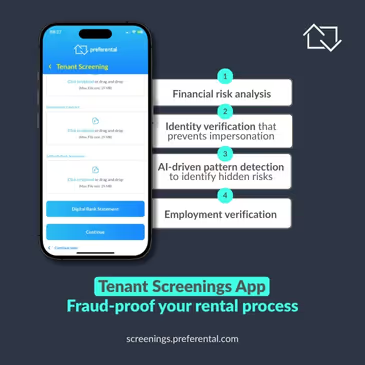South African Property in 2025: What Q1 reveals about the road ahead
Top 3 Takeaways:
- First-time buyer activity is strong, especially in the High and Mid Value segments
- Transfer duty exemption on properties under R1.21 million is boosting affordability
- Rental markets are outperforming; investor confidence is rising, especially in the Western Cape
A Look Back: 2024’s Slow Recovery
Last year was defined by economic pressure and buyer caution. The FNB House Price Index reflected minimal movement - just 0.3% year-on-year growth in October, down from 0.5% in September. In Gauteng, prices fell by 2.6%, while the Western Cape held steady due to ongoing semigration demand.
Mortgage activity showed signs of life in Q4. BetterBond reported a 6.6% year-on-year increase in bond applications and an 8.1% increase in loans granted, pointing to improving buyer sentiment.
The rental market outperformed expectations. National average rent rose 4.8% year-on-year in Q3 2024, with the Western Cape leading at 9.3%. Improved tenant affordability and record-low arrears signalled a stronger, more stable rental environment, with average rent remaining under 30% of household income.
A Fresh Start: Insights from Q1 2025
Lightstone’s Q1 transfer data shows a market beginning to normalise. The High Value segment (R700,000 – R1.5 million) led with 33.8% of both volume and value. Mid Value homes (R250,000 – R700,000) followed closely in volume (32.9%) but made up just 18.3% of value, highlighting continued affordability constraints.
First-time buyers remained active, making up 16.9% of High Value and 16.4% of Mid Value purchases. Average spend was R1.2 million in the High Value range and R557,000 in Mid Value clear signs of growing middle-market demand. A smaller number of buyers entered the Luxury segment (R1.5 million – R3 million), averaging R2.2 million.
Policy changes are helping. As of 1 April 2025, properties priced under R1.21 million are exempt from Transfer Duty Tax - a key announcement in the February Budget Speech that significantly reduces upfront costs for first-time and budget-conscious buyers.
Deeds Office changes also took effect from 1 April, introducing a R50 lodgement fee per document and requiring all fees to be paid upfront.

Looking Ahead: Risks and Opportunities
If inflation continues to ease, interest rate cuts could resume, further improving affordability and stimulating demand.
However, global dynamics may create headwinds. New U.S. tariffs on imported goods could disrupt international supply chains, raising the cost of construction materials. This could delay projects and squeeze developer margins, particularly in the mid-to-high-end segments. Developers using imported fittings or technologies should monitor this closely and consider alternative suppliers or revised pricing strategies.
Key Takeouts for Buyers, Investors, and Developers
- First-time buyers: Take advantage of the transfer duty exemption under R1.21 million. The High Value segment offers good long-term potential, but don’t overlook added costs like deeds office fees.
- Investors: The rental market is strong, especially in the Western Cape. Rising rents, low arrears, and healthy demand support good returns.
- Developers: Monitor input costs and supply chains, especially if sourcing internationally. Explore cost-effective local alternatives.
- Commercial buyers: Industrial property remains a bright spot, especially in logistics and light manufacturing hubs. Repositioned office assets may also present value.
- All buyers: Keep a close eye on inflation, interest rates, and further policy shifts, they will be key to timing your next move.
With encouraging Q1 data and buyer-friendly policy changes in place, 2025 is shaping up as a potential turning point, transitioning the South African property market from a slow recovery to a period of renewed, sustainable growth.












.avif)


.avif)

.avif)




.svg)






.avif)




















.avif)
